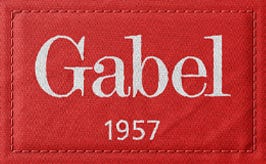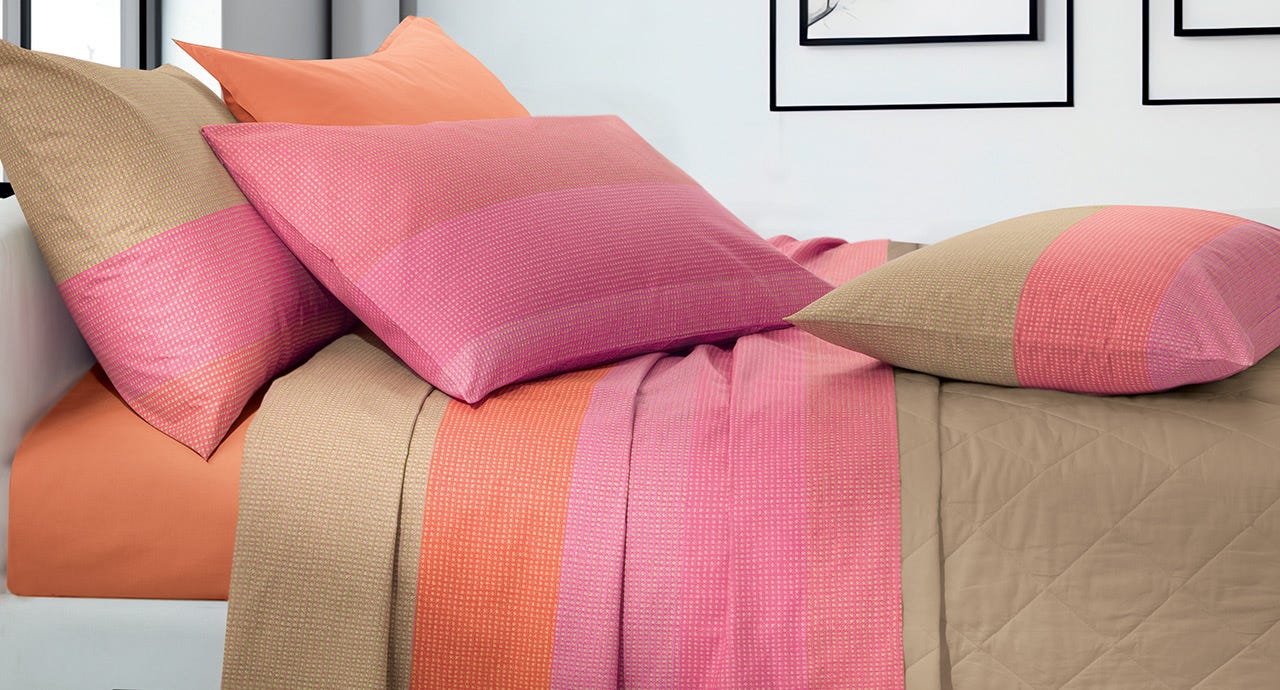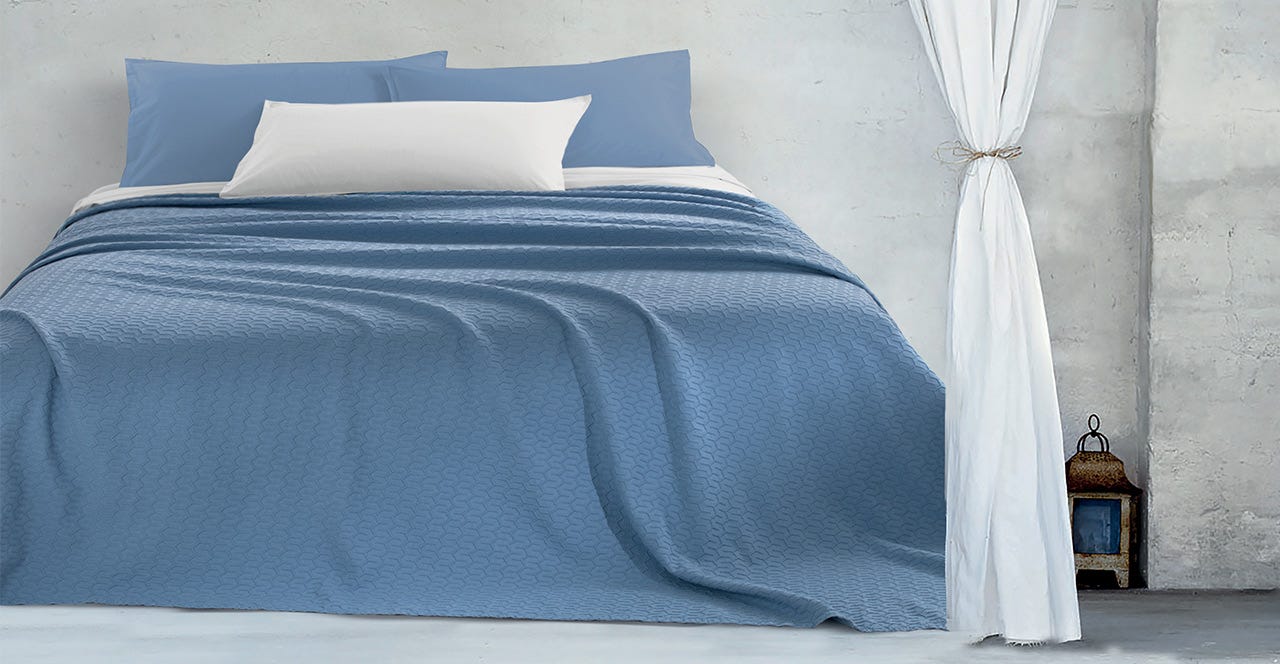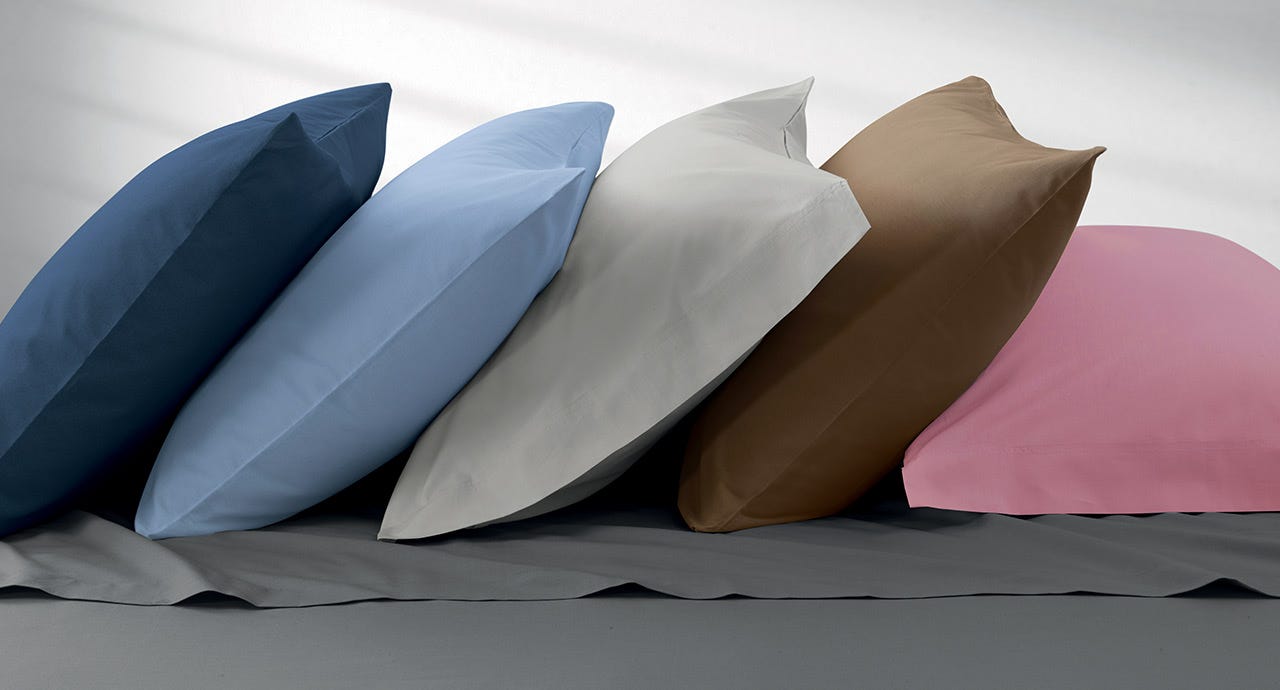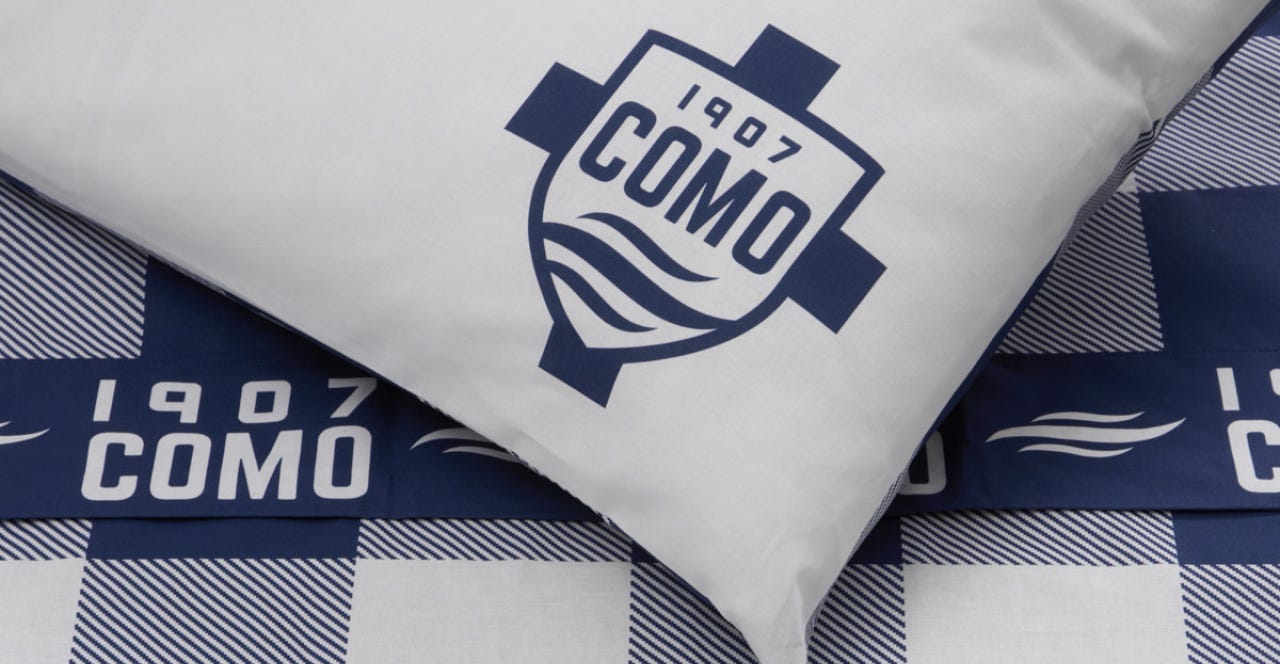Kapok: the future's fiber
NEWS
Do not miss the news from the Gabel world: discover all the goals achieved by our company, the events, the collections in store and online
Kapok: the future's fiber
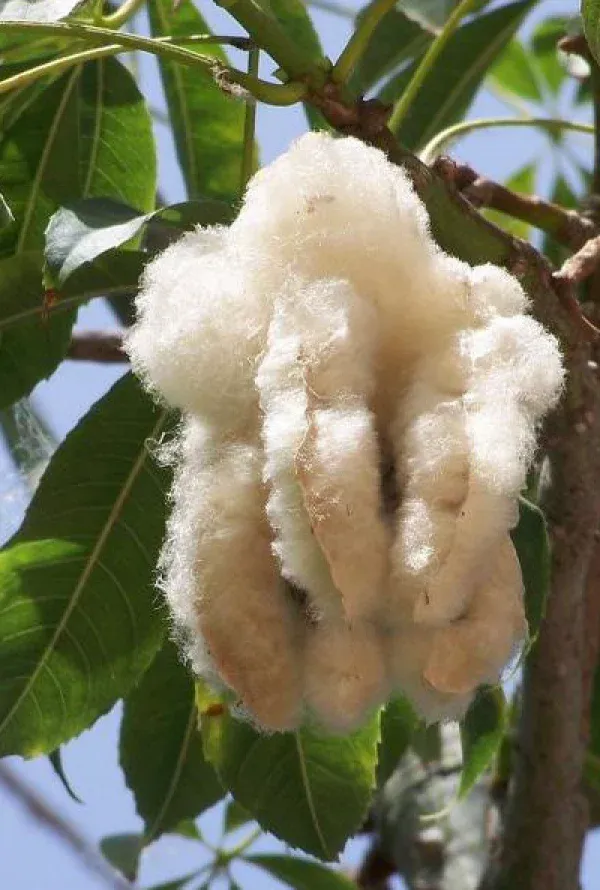
Let's find out the Kapok, a plant widespread in tropical rain forests from which the homonymous fiber derives, used to produce the padding of cushions, mattresses and comforters.
THE KAPOK TREE, AN EXTRAORDINARY PLANT
The Mayan legends tell of a sacred plant, on the branches of which the souls of the dead climbed to reach the sky.
The Kapok is obtained from a tree very common in South America, the Ceiba Pentandra, called Ciba, belonging to the Bombacee family. This plant stands out in some of the most lush tropical forests in the world and can reach a height of 70 meters, has a massive trunk of 3 meters in diameter and is covered with thorns, as well as many of the wider branches.
The leaves are composed of 5 to 9 smaller leaves, each 20 cm long. The flowers appear before the leaves and have a cream-white to pink color: numerous bats during the year are attracted by their perfume and then pollinate them.
The fruits of this plant are very particular: they contain seeds, large as peppercorns, surrounded and protected by a woolly mass of fiber, made up of lignin and cellulose, called "vegetable wool".
Seeds, leaves, bark and resin are often used in medicine.
THE LIGHTER FIBER IN THE WORLD
Kapok fiber is very precious, totally biological since it grows spontaneously in nature. For a long time it was considered impossible to spin the Kapok, being a hollow fiber, 2 to 4 cm long, and containing 80% of air. A fundamental characteristic of Kapok is its lightness (it has a density of 0.35 g / cm3, which makes it the lightest natural fiber in the world). The fibers are extracted by hand from pods 10 to 15 cm long.
The most common use today of this material is for the padding of mattresses, cushions and sofas; thanks to modern developments in spinning techniques, some eco-sustainable fashion companies have introduced this new natural fiber, for example for the production of trousers and research into home textiles is making great strides.
A PRECIOUS FIBER, TOTALLY ECO-SUSTAINABLE
Kapok is a fiber capable of giving great softness to the fabrics and padding of cushions and mattresses, giving them great resistance and excellent moisture management. This fiber is biological, because it grows spontaneously in pristine forests.
By choosing Kapok, we contribute to the cultivation of new plants, enriching the forests from which they come with lifeblood and oxygen.
We actively improve the environment: intensive cultivation is not necessary and the fiber is harvested by hand. No fertilizers or pesticides are used in its cultivation, which allows for natural biological disposal.
By choosing the companies that produce using Kapok you contribute to the protection of our ecosystems, purchasing a totally organic fiber and enhancing the management of certified forests all over the planet.



